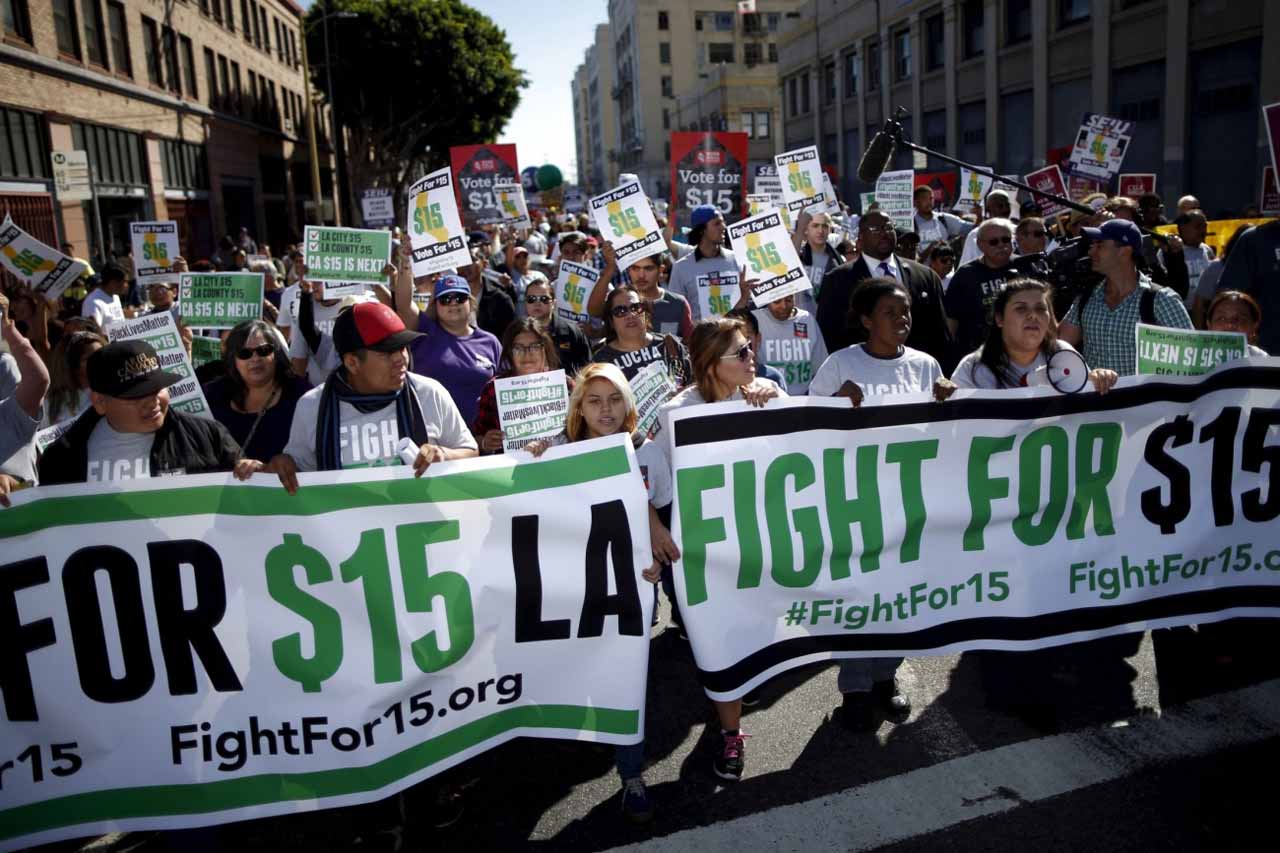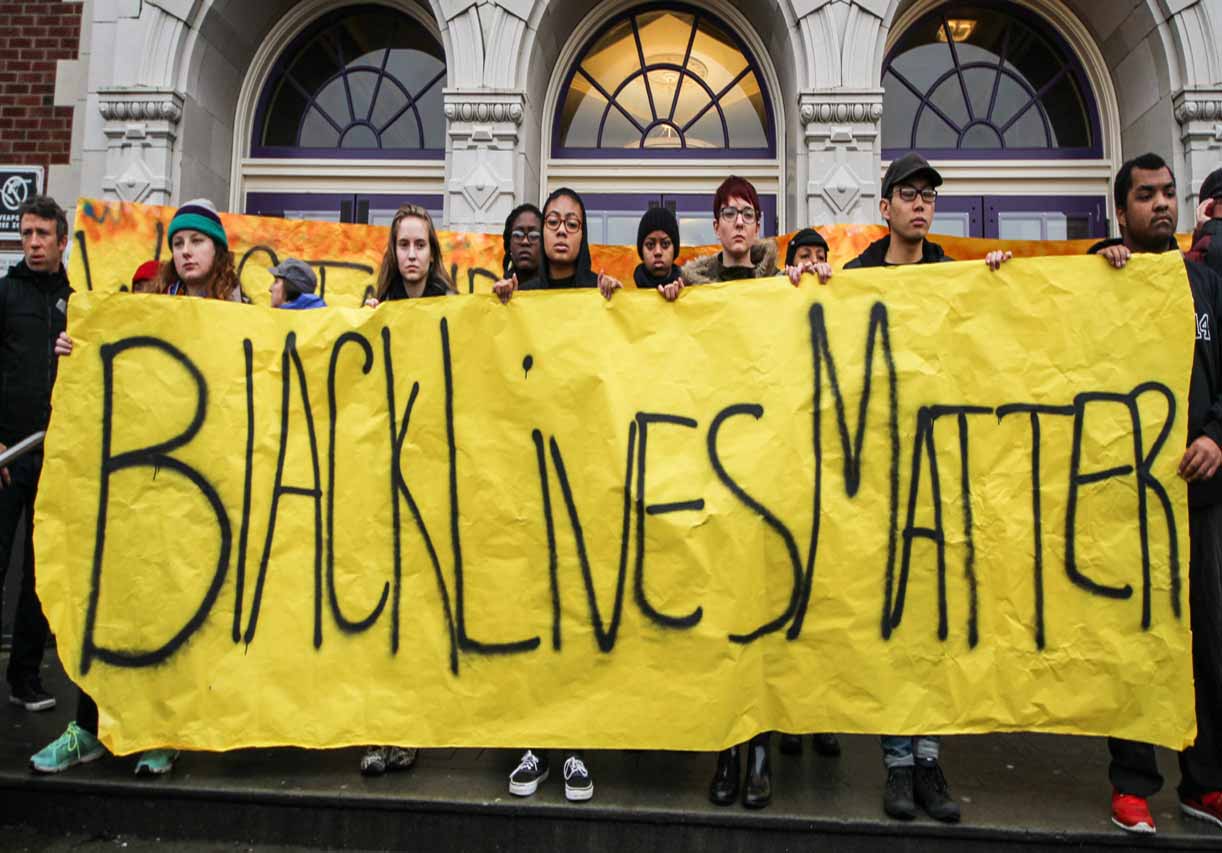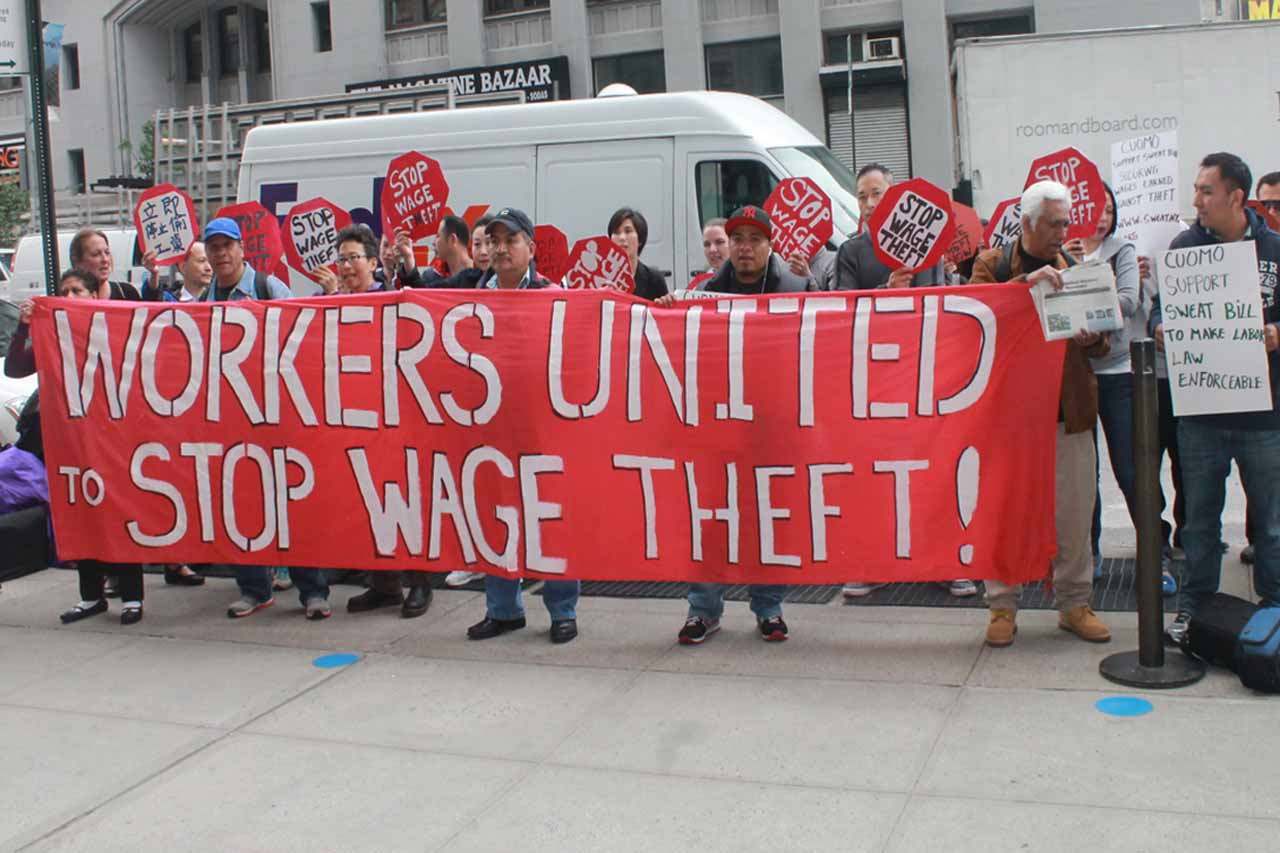How Housebound People can Access Financial Planning Expertise
Posted onThere are many people who are housebound for some reason. They may be physically disabled or care for a person who is, or they may have little children and no support, so they just can’t go out to attend a meeting with a financial planner. So how can these people access a financial advisor such as andep to get the kind of financial planning they need?
They can access the help they need in several ways. If they have a computer and internet connection they can go online to find the person they need. They can research the websites they find and then they’ll know if the person provides the following: –
- Forms to fill in to help the planner know what their goals and needs are.
- An offer to work with them via telephone or
- The ability to do video calls
- They can also contact each other by email or snail mail, although the latter is rather too slow for exchanging important information.
- They may find a financial advisor who is willing to make a house call. They could do this just once, then use the above means of keeping in contact once the initial meeting is done.
This is ideal for someone who is physically disabled but has nothing wrong with them mentally. They are likely to be in need of financial planning help, since they have health needs that are more costly than most other people’s. Once they have good advice from a financial planner they will be more able to take control of their finances. This will give them a feeling of self worth, something that many disabled people lack. (more…)







